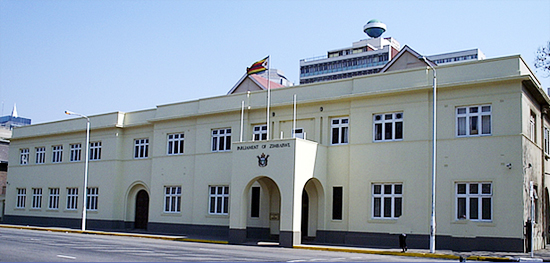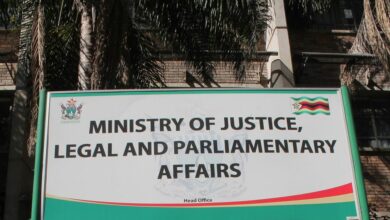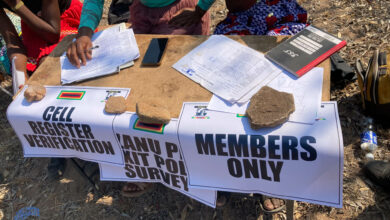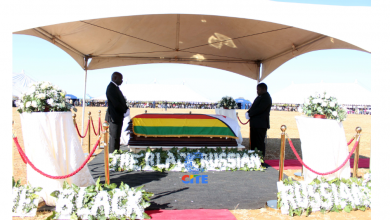‘Male politicians using quota system to abuse women’

The Women’s Coalition of Zimbabwe (WCoZ) has said the special quota that reserved an additional 60 seats in Parliament for females must be abolished, as some male politicians took advantage of proportional representation to abuse women promising them favours to have them elected, in the process soiling its intended motive.
Women argue a strong permanent legal electoral framework needs to be developed to empower females, as observations made in 2018 noted that political parties even reduced the number of female candidates they fielded in constituencies relying on the quota system.
The provision of the women’s quota came to life after the adoption of Zimbabwe’s Constitution in 2013 to increase female presence in Parliament.
Section 124 (1) (b) of the Constitution in particular provided that for the two terms of Parliament starting in 2013, “an additional sixty women shall be elected under a party-list system of proportional representation based on votes cast for political party candidates.”
But the clause comes to an end in 2023 although there were efforts by the government to extend the clause to cover an additional ten years stretching to 2033.
Speaking at an inception meeting Thursday on the gendered landscape of the country’s electoral environment, WCoZ’s Politics and Decision-making Cluster Leader, Thembelihle Sibanda, said the quota was designed as a vehicle for promoting women’s political participation and gender parity but its motive was altered over time.
“As the women coalition, we are part of the team that advocated for the Bacossi, an additional 60 seats quota system. The reason why we advocated for the quota system was when going to elections, the constitution says everyone has the right to contest in elections. It doesn’t mean I need to have 5 O’levels but I must have the integrity to be elected,” she said.
Sibanda said when they lobbied for the quota system, their thinking was it should be women technocrats coming in to assist the few elected female representatives.
“These additional women were coming in as technocrats but when we look back, political parties decided to grab and misuse the PR system. Others were now courting women, sleeping with them on the pretext they would be on the PR list. This was not what we advocated for,” said the gender activist.
“That’s why you find that some women who are there under that list, are just books placed on top of a shelf, waiting for someone to open and read it when they go to Parliament. They don’t even know why there are there. This is because political parties diverted the original ideology of the quota system, henceforth as WCoZ, we are saying enough with this quota system because you (male politicians) have changed it.”
The Politics and Decision-making Cluster Leader said WCoZ are now advocating for gender parity.
“We don’t want the free seats, we have the capacity and as women we can contest and go to the ballot box. Now we are fighting political parties that when they submit list of their candidates, there should be equal representation. This is the 50 50 we are crying for ,” Sibanda said.
In 2013, the quota for the 60 seats increased the number of women in Parliament from 16 percent to 34 percent.
However, the major criticism, against the quota system was that it has no clear provisions on how to include young women and did not extend to local government seats.





